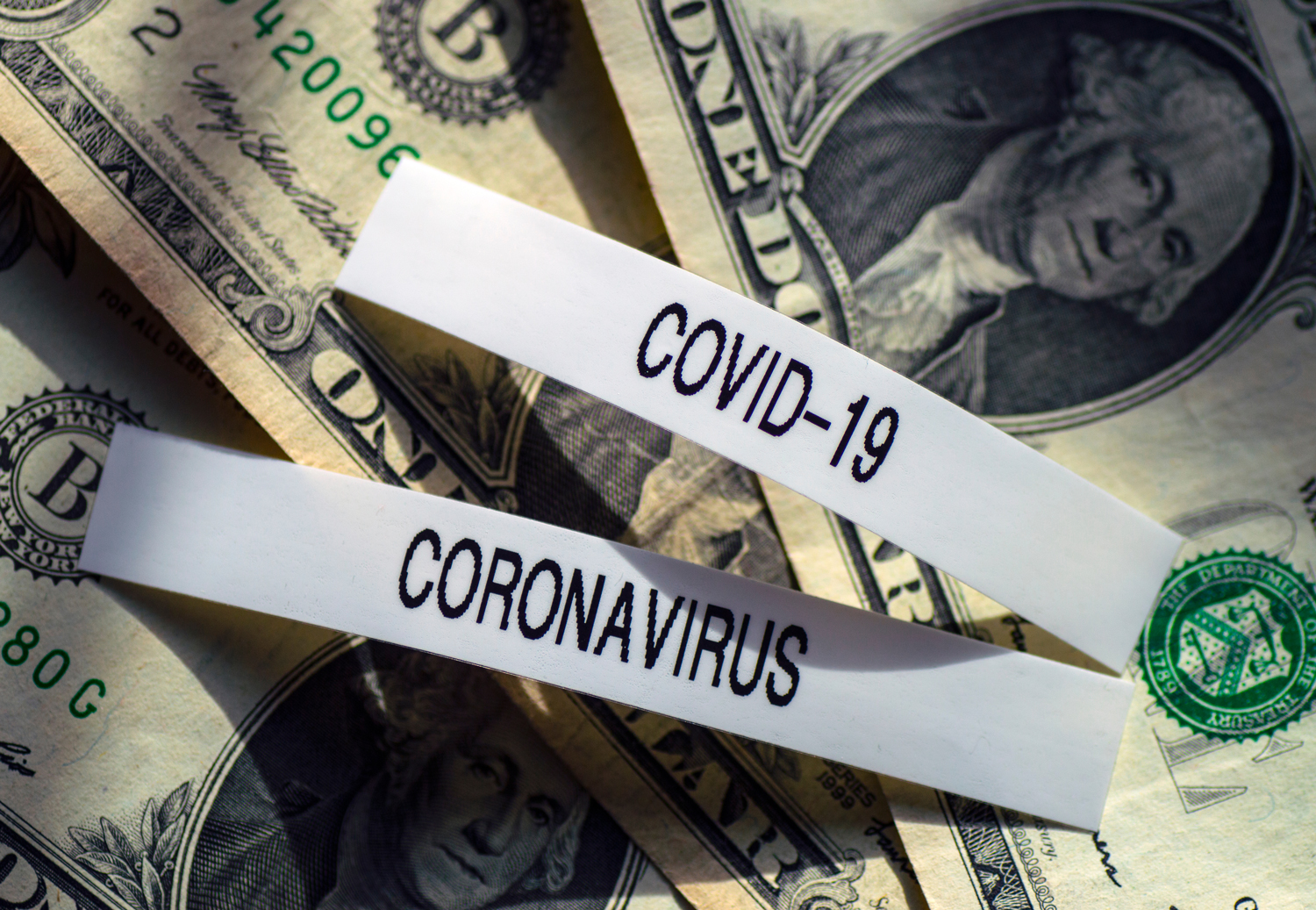Watch out for Covid Fraud Schemes

COVID-19 fraud schemes are on the rise. Scammers are always looking for vulnerabilities and using the pandemic to prey on victims in hopes of gaining personal information or fraudulent payments. Here are some common schemes to be aware of:
Robocalls: These can include fraudulent offers to sell respiratory masks or other medical devices with no intent of delivery.
Social media scams: These include attempts to obtain donations for illegitimate or non-existent charitable organizations requesting members enter their account information.
Stimulus scams: These calls claim receipt of an overpayment of stimulus money and demand a “refund” for the difference.
Investment fraud: Criminals are seeking “investments” in cures or treatments. The purpose is most likely to defraud the “investor.”
Telephone scams: Be wary of unsolicited telephone calls and emails from individuals claiming to be IRS or US Treasury employees. Remember the IRS’s first form of communication is by mail – not by phone.
US Treasury scams: With tax season approaching, it’s important to be on the lookout for scams that include fake checks. Here’s how (phish-free) to verify an official Treasury check.
Medicare requests: Scammers may solicit and use Medicare information to submit false medical claims for unrelated, unnecessary or fictitious services.
Work-from-home fraud: People out of work or looking to work from home are vulnerable to offers to “work at home.” Members should never send or return money to unknown people contacting them.
“These scams have one or two things in common,” explains Credit Union Fraud Manager Lisa Markle. “They are either trying to trick the victim into sending a payment or trying to gain access to personal information or account details. Any time you are given funds and asked to return or pay out a portion, you can assume it is fraud. Even if it is someone you ‘know.’ ”
Stay alert and be on the lookout to avoid becoming a victim of these scams. Find out more about what to do if you suspect that you’ve been a victim of fraud here.

